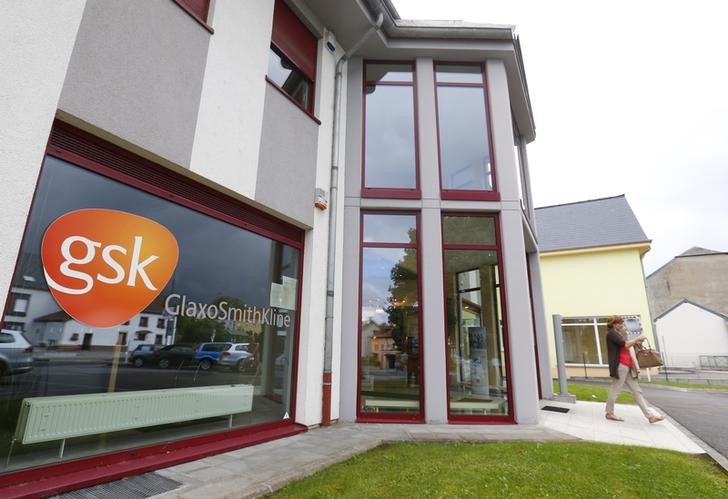By Peter Nurse
Investing.com -- European stock markets traded higher Wednesday on a busy day for corporate earnings, but investors are still keeping a wary eye on the tense situation in Ukraine ahead of the release of key U.S. inflation data later in the week.
By 3:45 AM ET (0845 GMT), the DAX in Germany traded 1.4% higher, the CAC 40 in France climbed 1.6% and the U.K.’s FTSE 100 rose 0.7%.
The corporate sector has been in focus Wednesday, on a busy day for quarterly earnings.
GlaxoSmithKline (LON:GSK) stock rose 0.5% after beating quarterly forecasts, boosted by hefty Covid-related sales, largely for antibody drug sotrovimab. The British drugmaker said it expected pandemic-related sales in 2022 to be at similar levels to 2021 but said these would contribute less to profit due to lower margins on its antibody treatment.
Norwegian oil company Equinor (OL:EQNR) stock rose 4.5% after the Norwegian oil company posted record pretax profits for the fourth quarter, while Amundi (PA:AMUN) stock climbed 3.2% as the French funds manager posted a strong rise in earnings helped by its retail business and expansion in Asia.
On the flip side, Maersk (CSE:MAERSKb) stock fell 1% after the shipping giant forecast full year earnings slightly below expectations, adding that supply chains are likely to experience disruption throughout 2022.
ABN Amro (AS:ABNd) stock fell 3.6% despite the Dutch bank announcing a 500 million euro ($570 million) share buyback program, with its fourth-quarter results helped significantly by a hefty net gain on the sale and leaseback of its headquarters in the south of Amsterdam.
Elsewhere, U.K. retailer John Menzies rose 34% after it said it had rejected an unsolicited bid from a Kuwaiti investment vehicle, while fast fashion Boohoo (LON:BOOH) fell another 2.4% to a six-year low after an apparent faux pas in the marketing of its new beauty range.
Elsewhere, Thursday’s U.S. consumer prices release is firmly in the spotlight, with the headline CPI seen rising 0.5% on the month and 7.3% on the year in January, probably cementing the likelihood of the Federal Reserve raising interest rates in March.
Additionally, the fraught situation on the Ukraine border continues to command attention amid worries an invasion by Russia could inflict economic damage on the entire region.
The European Central Bank is preparing banks for a possible Russian-sponsored cyber attack, Reuters reported Wednesday, while Austria's Raiffeisen Bank International last week announced it has set aside risk provisions for possible sanctions on Russia. RBI is one of the largest lenders in Russia, and elsewhere in eastern Europe.
German exports and imports rose unexpectedly in December, despite continued raw material bottlenecks. Seasonally adjusted exports rose 0.9% on the month, compared with an expected decline of 0.2%, while imports jumped 4.7%, compared with an average forecast for a 1.5% decrease.
Oil prices edged higher Wednesday after industry data showed an unexpected drop in U.S. crude stocks, implying healthy demand at the world’s largest consumer.
Data from the American Petroleum Institute showed a drop of 2 million barrels in crude inventories last week, against analyst expectations of a 400,000-barrel increase.
Official numbers from the U.S. Energy Information Administration will be released later in the session.
Concerns about a possible Iran nuclear deal that could lift U.S. sanctions on Iranian oil and quickly add supplies to the market have resulted in the market dropping over the last two sessions.
By 4 AM ET, U.S. crude futures traded 0.2% higher at $89.55 a barrel, while the Brent contract rose 0.3% to $91.08.
Additionally, gold futures fell 0.1% to $1,827.35/oz, while EUR/USD traded 0.1% higher at 1.1421.
